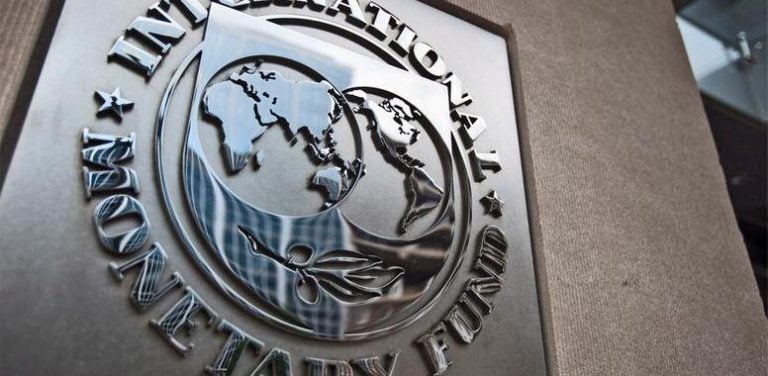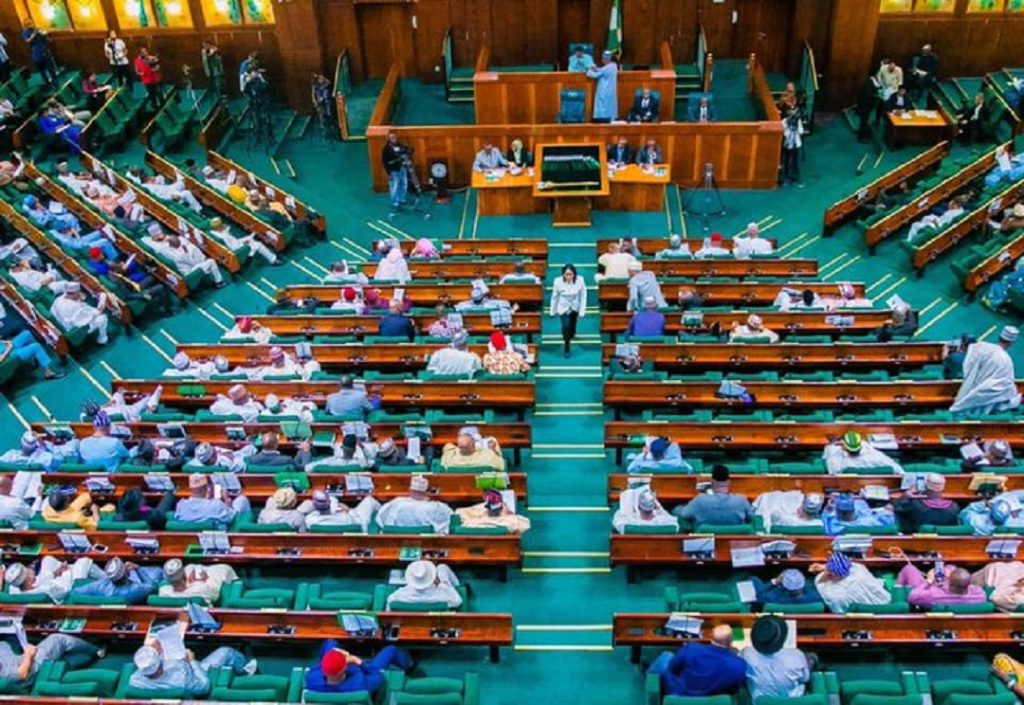Reform Tax Systems, Strengthen Debt Management, IMF Urges Nigeria, Sub-Saharan Africa

The International Monetary Fund has urged Nigeria and other Sub-Saharan African countries to urgently overhaul their tax systems and strengthen debt management frameworks to curb rising fiscal vulnerabilities and unlock financing for development.
The Fund, in its latest Regional Economic Outlook for Sub-Saharan Africa titled “Holding Steady”, warned that fragile economic stability across the region could be jeopardized if reforms continue to stall.
It said the region faces growing fiscal risks, stubborn inflation, and weak access to finance, all of which threaten to erode post-pandemic recovery gains.
According to the report, African nations must embrace innovative financing mechanisms, such as blended finance and debt-for-development swaps, while improving domestic revenue mobilisation to sustain growth amid tight global financial conditions.
The IMF noted that Africa’s development financing gap remains wide, with total blended finance inflows averaging only $6 billion annually, far below what is required to meet infrastructure, health, and green energy needs.
“Debt management reforms can also support innovative financing mechanisms,” the Fund said. “Blended finance, combining concessional finance, such as grants, concessional loans, or guarantees, with commercial capital, can help reduce risk for private investment in sectors including green energy, digital infrastructure, and health.”
It cited examples such as renewable energy projects in Tanzania, agriculture in Senegal, infrastructure in Mozambique, and health initiatives in Nigeria.
The Fund also referenced Côte d’Ivoire’s 2024 Debt for Education swap and Gabon’s 2023 Debt for Nature swap, but observed that such arrangements remain “rare and comparatively small, typically below $1 billion per year globally.”
To scale up these flows, the IMF said African countries must establish “credible policy and regulatory frameworks, data and debt transparency, and improved public financial management.”
The IMF cautioned that weak regulatory frameworks, opaque debt data, and high domestic borrowing costs continue to limit Africa’s access to innovative finance.
It also identified Nigeria and several peer countries as needing to “rationalise costly and opaque tax expenditures”, such as exemptions, deductions, and preferential rates that undermine accountability and public trust.
The report advised governments to simplify value-added tax regimes, eliminate arbitrary exemptions, and integrate the fast-growing digital economy into the tax net.
It also recommended that excise taxes be redesigned to promote public health and environmental sustainability.
“Two policy priorities spotlighted here can alleviate these constraints,” the IMF said. “First, strengthening domestic revenue mobilisation can create durable fiscal space to finance development while reinforcing macroeconomic stability. Second, enhancing debt management can improve access to finance, lower borrowing costs, and reduce the risk of debt distress.”
The Fund emphasised that sustainable revenue mobilisation and prudent debt management are critical for Nigeria to reduce its overreliance on expensive borrowing and finance key priorities such as infrastructure, education, and healthcare.
It warned that domestic borrowing across several African countries, including Nigeria, has become significantly more expensive than external borrowing due to underdeveloped capital markets and inflationary pressures.
“Domestic bank holdings of sovereign debt are larger and growing faster in sub-Saharan Africa than in the rest of the world,” the Fund noted. “This creates a vicious potential feedback loop: deteriorating sovereign creditworthiness affects the soundness of the banking sector, reduces private credit, and worsens fiscal challenges.”
The IMF’s warning comes as Nigeria’s Presidential Fiscal Policy and Tax Reforms Committee, led by Taiwo Oyedele, intensifies efforts to simplify the country’s complex tax structure and raise the tax-to-GDP ratio from under 10 per cent to 18 per cent within a few years.
Oyedele recently said the government aims to make tax payment easier, eliminate overlapping levies, and improve compliance through digital tools.
“Nigeria doesn’t have a revenue problem; it has a collection and efficiency problem,” Oyedele told journalists earlier this month.
“The goal is not to burden citizens but to make the system simpler, fairer, and more transparent.”
The IMF concluded by urging African leaders to take stronger ownership of fiscal and tax reforms and to engage citizens through transparent communication and broad-based consultations.
“Broad-based consultations, transparent communications, and framing reforms in local terms, with city services financed by your tax, increase the likelihood of reform success,” the report said. “Given the complex challenges, a strong ownership of reforms and deft handling of the political economy will be needed.”









